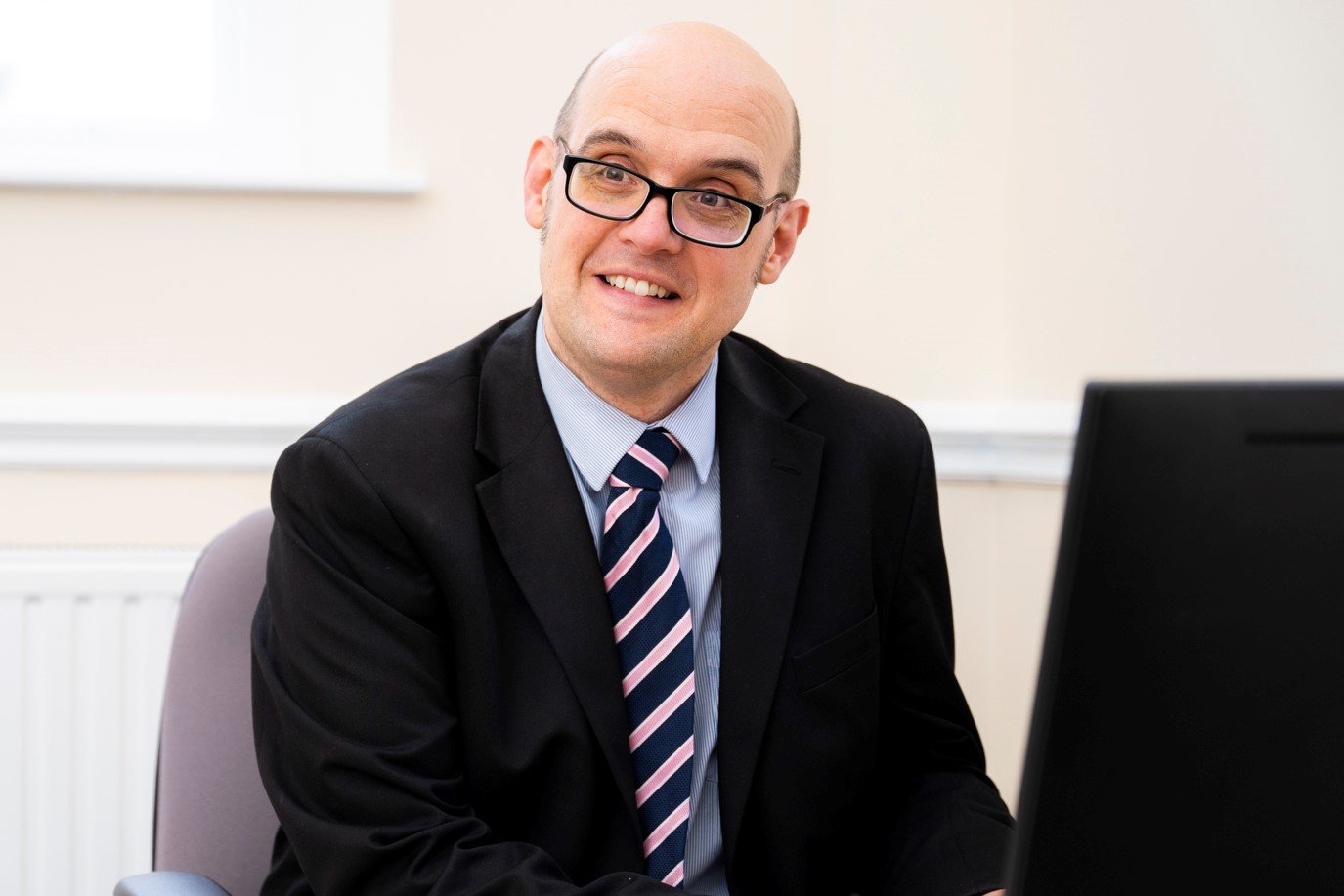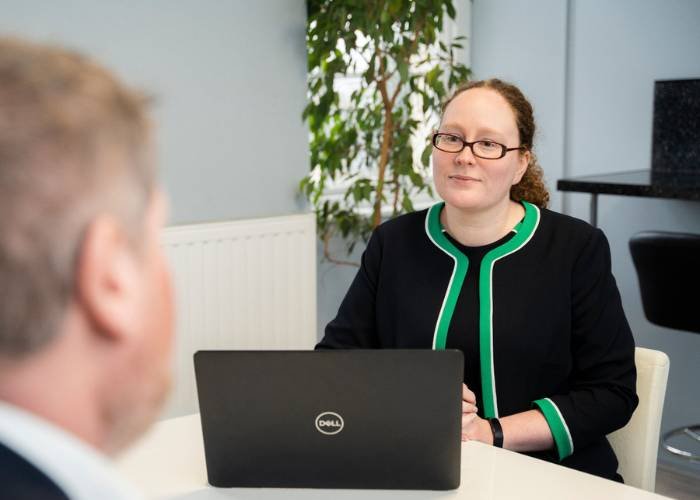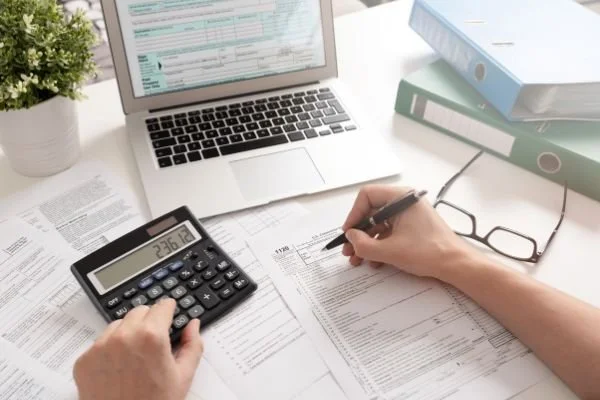Trust Solicitors in Plymouth
Setting up a Trust allows you to protect your assets and hold onto them for loved ones in the future. Our team of experienced and specialist Trust Solicitors will guide you through the whole process, making things as simple and as easy to understand as possible.
It’s not an easy process, and the wording has to be precise. But this is where the experience and knowledge of our Solicitors really helps clients. We have a lot of experience in setting up new Trusts and helping those who have had Trusts incorrectly prepared by other firms.
arrow_back Back to Wills, Trusts, Tax and Probate
What are Trusts?
Quite simply, a Trust is a way of managing money, investments, land or property for you or your loved ones (who are known as beneficiaries). A trustee or trustees will be appointed to look after the Trust and they are in control of these assets. The Trustee will follow the instructions you have set out, even after you have passed away.
It may be that you wish to pass on assets while you are still alive. Trusts can also be used to pass on assets when you die (a Will Trust). They can be used to ensure that your loved ones who you wish to benefit are properly protected and have financial stability for the future.
What are Trusts for?
In many cases, Trusts can be set up to mitigate future tax payments or as part of estate planning services. There are a number of different kinds of Trust: Discretionary Trust, Bare Trust, Interest in Possession Trust and others.
Trusts are set up for a variety of reasons, including:
call Speak to one of our friendly Trust Solicitors on 01752 827067
Who are Trustees?
Trustees are the people chosen by the person setting up the Trust who will administer and run the Trust. It is important that Trustees are honest and responsible, as they are managing money or assets on behalf of the Trust for the beneficiaries. Trustees have a lot of duties and responsibilities that come with the role, which can include Trust Registration, tax returns, making decisions for the Trust and beneficiaries and keeping good records.
It's important that if you are setting up a Trust, or if you are acting as a Trustee, you must understand the role of the Trustee and what the Trustee’s responsibilities are.
How we can help you
Our experienced team can advise you on both existing Trusts and creating new Trusts. A well run and administered Trust is a particularly useful way of managing assets if done correctly. Ignoring how the Trust should be managed or not fully understanding how it works can cause significant problems.
We look at Trusts for clients to explain what they do and how they work. For Trustees it is vital that you understand your responsibilities and reporting obligations to avoid tax penalties. We’ll also identify and deal with any potential problems which may occur in the future. We also assist in the general annual administration of Trusts and when the Trust is no longer needed, we can help dissolve it.
In the first instance, contact us for a fixed fee initial meeting. We’ll review the arrangements that you have in place and explain the choices that you have. If you’re interested in these arrangements but aren’t sure how they work, simply contact us and we will talk through the options. You can reach us on 01752 827067.
Family Protection Trusts
After the closure of several firms who previously advertised and sold Family Protection Trusts, many people are concerned about Trusts they may have put in place years ago. Unfortunately many clients who put these trusts in place as a way to avoid paying care fees or Inheritance Tax may find that their Trusts will not protect against care fees, and that the Family Protection Trust may have tax consequences.
We can provide you with tailored advice so you can understand if there are reporting obligations or tax liabilities outstanding, and help you understand your options.
Asset Protection Trusts
With the closure of several firms that once sold Asset Protection Trusts, many people are now understandably worried about the Trusts they set up previously. Unfortunately, if you established these trusts to avoid care fees or Inheritance Tax, you might find they come with unexpected tax consequences, including penalties and interest.
At Nash and Co, we provide advice tailored to your specific trust documents and personal situation.
call Speak to one of our friendly Trust Solicitors on 01752 827067
Trusts in Nash
Although it can be better to have a friend or family member as a trustee in some cases, for example if there is a vulnerable beneficiary, if the trust is complex or there is the potential for family dispute having a professional trustee might be a better idea. At Nash & Co we can help. We can appoint one of our partners to take on the role of trustee in our firm’s usual practical and pragmatic style.
The role of the trustee has a number of duties and responsibilities, and acting as a trustee be a daunting prospect. To help with this, we can offer trustees a fixed fee initial meeting to explain to the role of a trustee and answer any specific questions they may have. This not only helps to ensure that the trustee knows more about their role, but it can hopefully avoid potential issues arising for the trust and the trustee in the future. If you’re interested in speaking to us about this, please call us on 01752 827067.
More information about Trusts
There is great deal of information available about Trusts online. While this can be useful, it may not provide the answers that you are looking. What’s more, it’s often difficult to know the right questions to ask in the first place.
The following link takes you to a guide produced by the UK Care Guide which explains some details regarding setting up Trusts in your lifetime to mitigate inheritance tax. It is very important that you choose the right type of trust for you and your family and if you do have any questions after reading the guide or would like to set up a trust for inheritance tax planning purposes, please give us a call on 01752 827067 and we can chat things through with you. Alternatively, you can email us at trusts@nash.co.uk.
Frequently asked questions
In this Trusts FAQ videos we delve into the frequently asked questions surrounding trusts. Whether you're seeking to secure your assets, plan for the future, or navigate the complexities of administering an estate, this video is here to provide you with valuable insights and guidance.
-
A settlor is the person that establishes a trust in the first place, by putting assets into it. This process is known as ‘settling’ the assets in the trust.
The settlor will also decide who the beneficiaries of the Trust will be and they are able to place conditions on how the assets should be managed.
A trustee is a person or company appointed by the settlor to manage the trust and its assets. A settlor can appoint themselves to be a trustee and can also appoint successors to take over as trustee when they die.
Trustees must follow any instructions left by the settlor and can only use the trust assets in the beneficiaries’ best interests.
In a discretionary trust, Trustees have more freedom to make decisions.
A beneficiary is someone that the settlor chooses to benefit from the trust. They might receive an income, inherit trust assets, or be allowed to live in a trust property.
It’s possible for a Settlor to also be a trustee and a beneficiary of their own trusts. Other beneficiaries can be trustees too.
-
To be honest, you can put any asset that you own into a trust, including:
Personal property – including jewellery, art, and other valuable heirlooms
Land and real estate property – including family homes, investment properties, or agricultural estates
Financial assets – including money, stocks, and shares
Life Insurance policies – you can instruct your life insurance policy to pay out to a trust
You’re able to put assets into a trust at any point during your lifetime. Alternatively, you can state in your Will that it should happen when you die.
-
You can create a trust that you put your savings and home into in order to try and protect it from care fees and sometimes also from the hassle of maintenance of the property.
-
Not always. The Local Authority have to consider that you put assets into a trust to deliberately avoid paying care home fees. Should this happen, they can pursue the trustees for a period of 6 years after the date of the gift, if you need Local Authority financial support for care within that period.
-
Trusts are taxed in their own right, and you can lose principle private residence exemption in respect of the sale of your home, if you sell and want to purchase another home. You may also have to pay Capital Gains Tax. Your property may still be part of your estate when you die for Inheritance Tax, even though you would not legally own it.
Most Trusts are now required to register with HM Revenue & Customs which means trustees must both register and keep updating the information held about the Trust.
Trustees may also need to consider whether they are handling data and which General Data Protection Rules may apply to the information they are holding for the Trust administration.
-
Trusts are subject to a 10 year charge for Inheritance Tax at 20%, so the Trust will pay this every 10 years or part thereof. You will need to register the Trust with HM Revenue & Customs and complete an annual tax return, unless they indicate it is not required. If your Trustees buy and sell taxable assets, Capital Gains tax might also be relevant to your investments.
-
Trustees should have regular meetings, but how frequently will depend on the kind of Trust it is. This should however, be a minimum of once a year, and they should keep records (minutes) of what is discussed at each Trustee meeting. The Trustees must keep a record of their decisions and the transactions of the Trust Fund.
-
It might save you having to apply for probate on your death, but the Trust will still need to be wound up and HM Revenue & Customs will need to close their file on the Trust. If you still retain an asset that requires a Grant of Probate, then your Executors might need to apply for Probate anyway.
What our clients say
Related insights
Meet the Wills, Trusts, Tax and Probate Team
Get in touch
Fill out the form below and let us know whether you would like us to call you, or email you. One of our Medical Negligence team will be in touch as soon as we can.
If your enquiry is urgent then please call us on 01752 827067.
arrow_back Back to Wills, Trusts, Tax and Probate



























